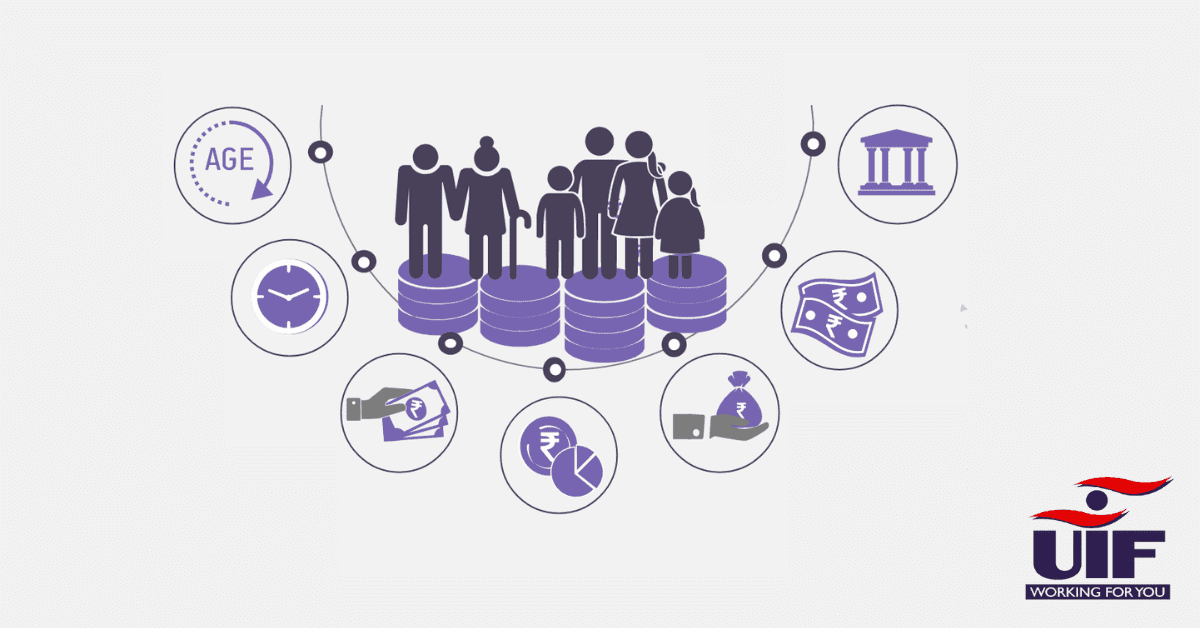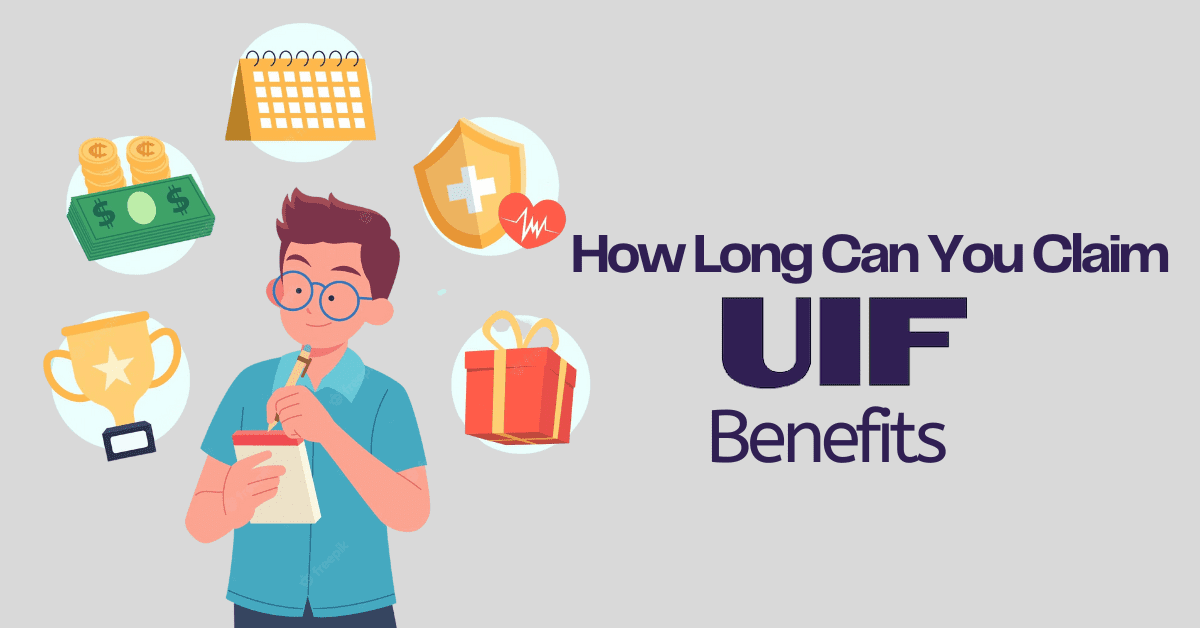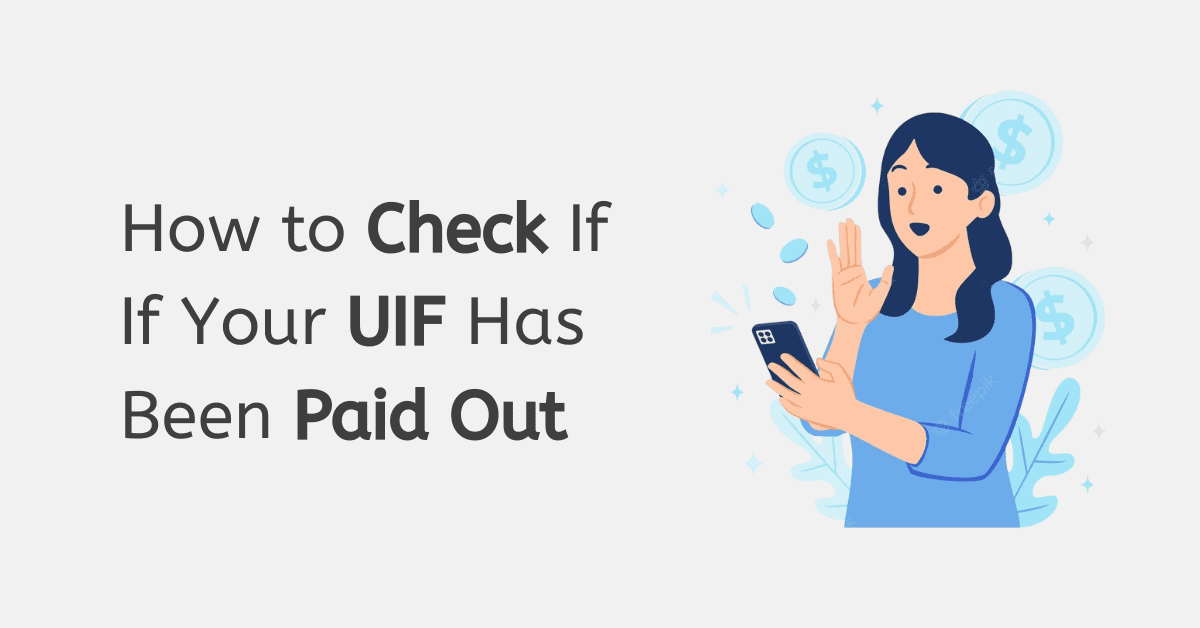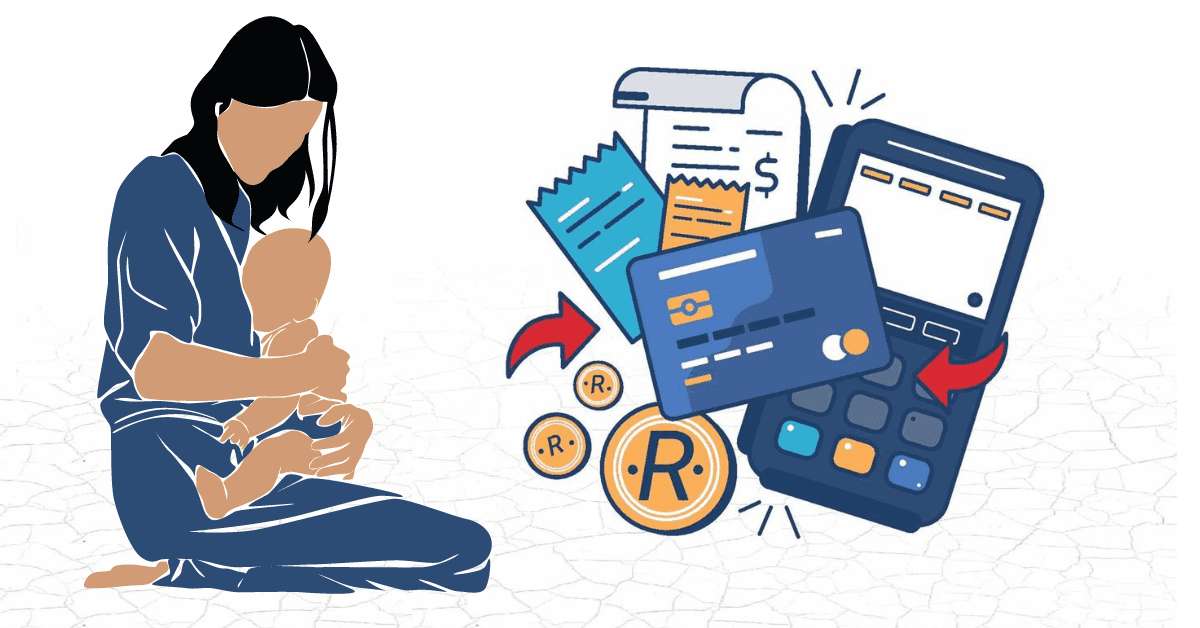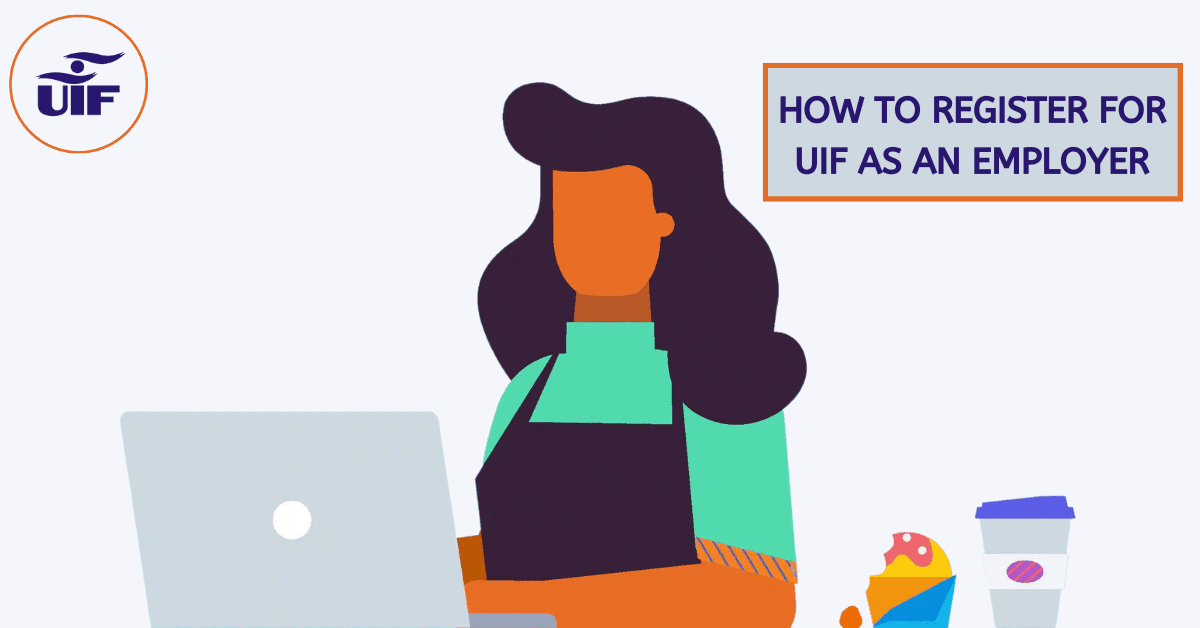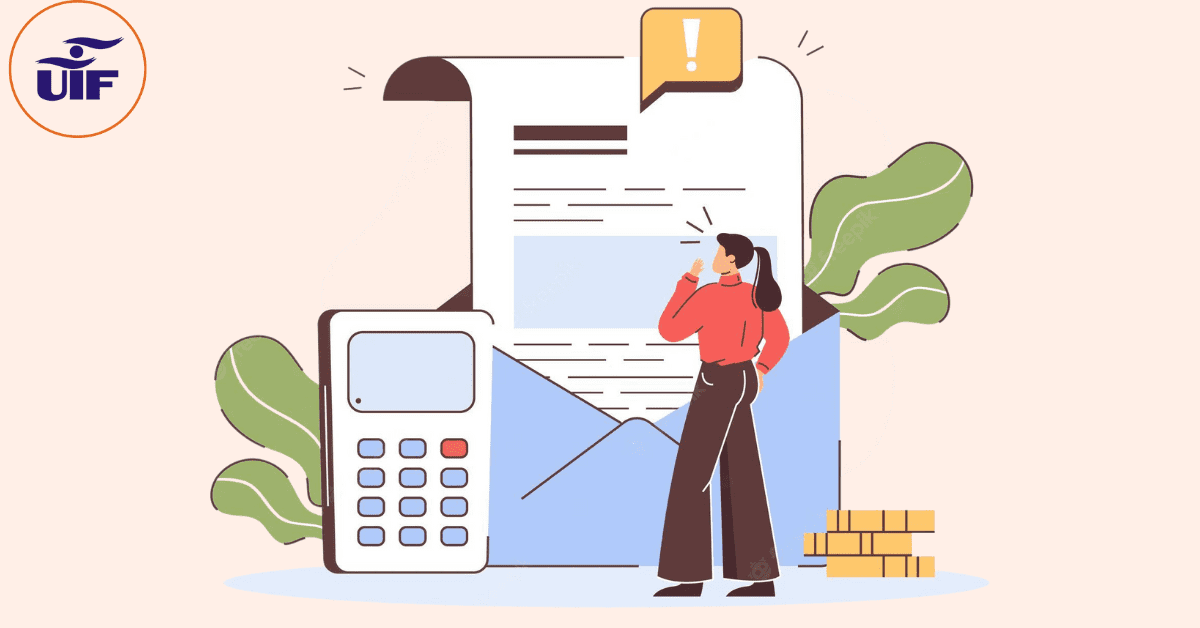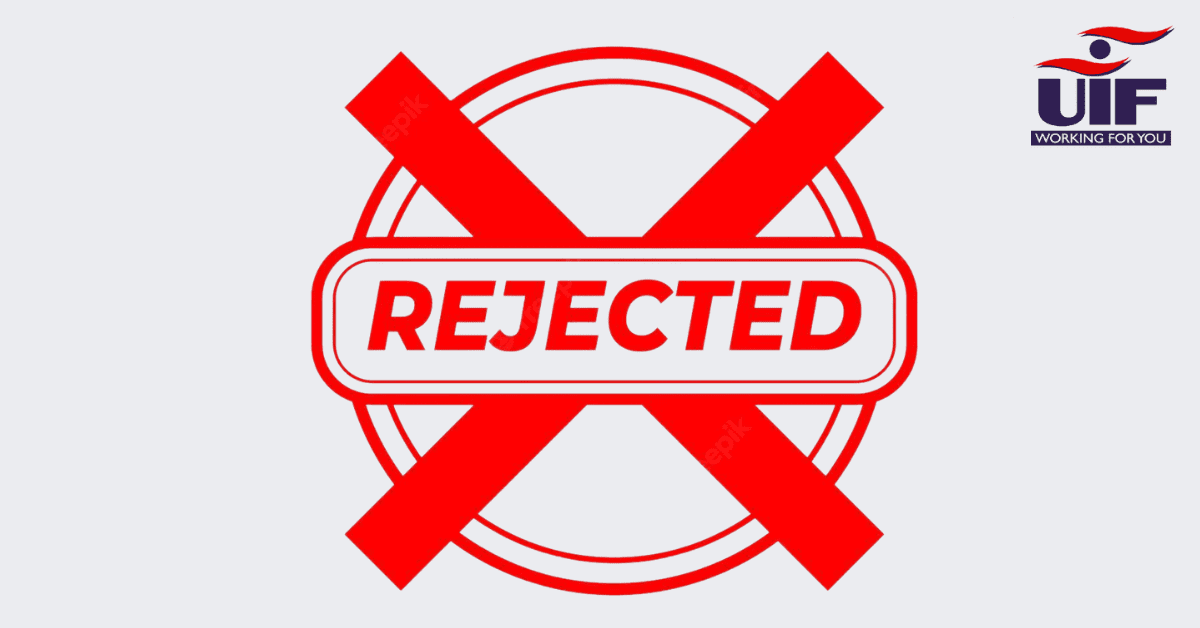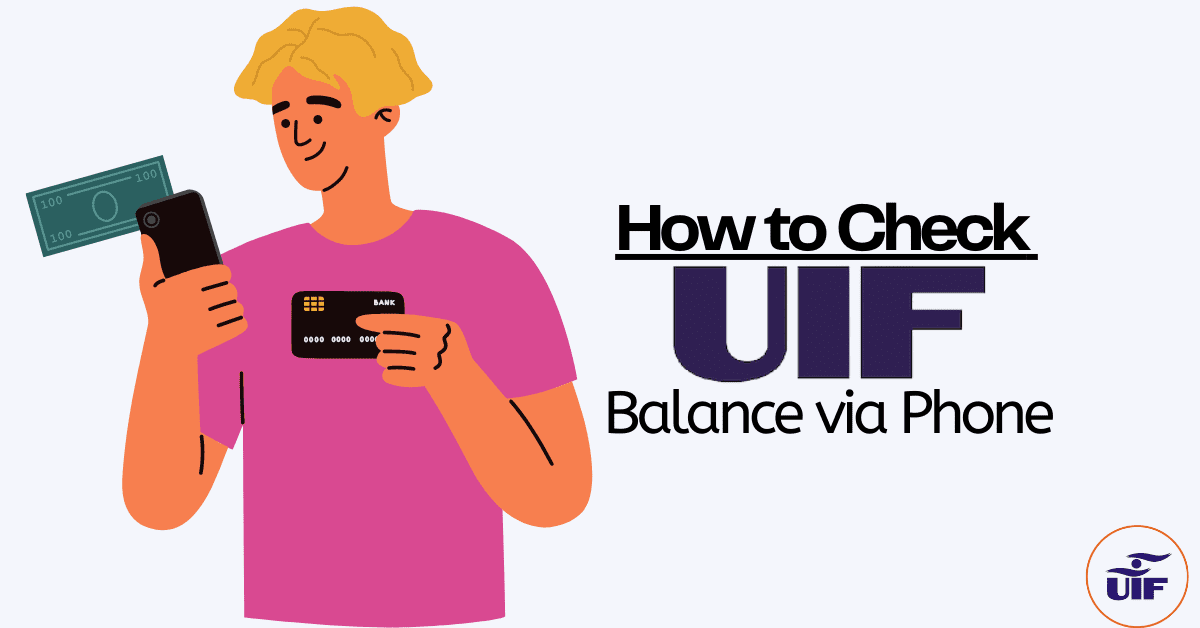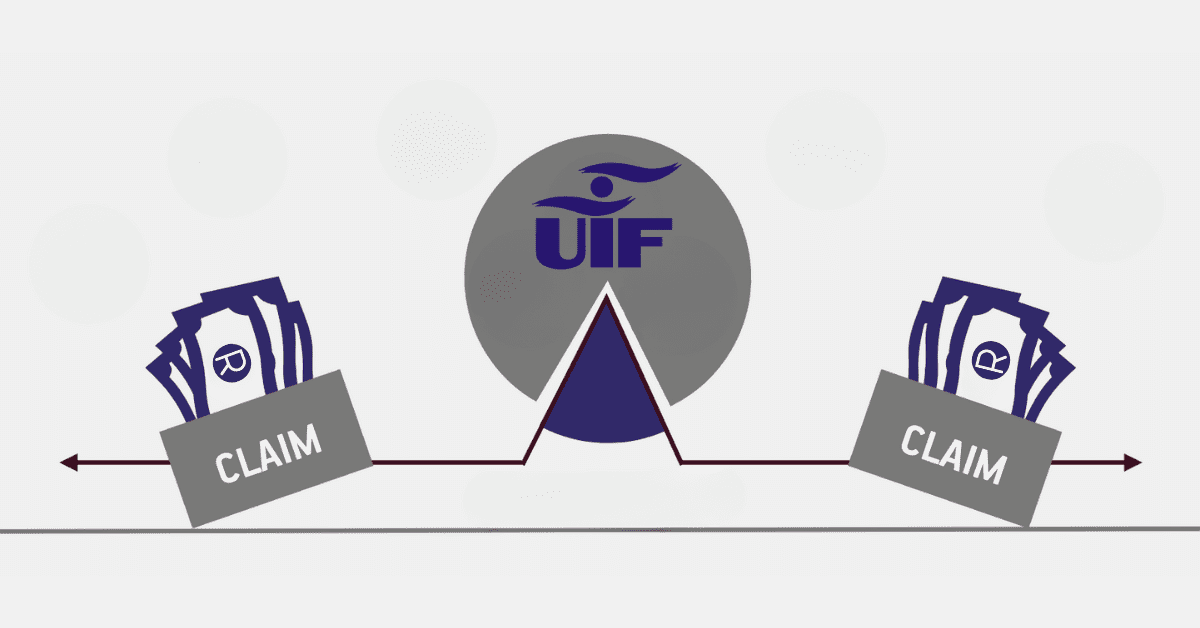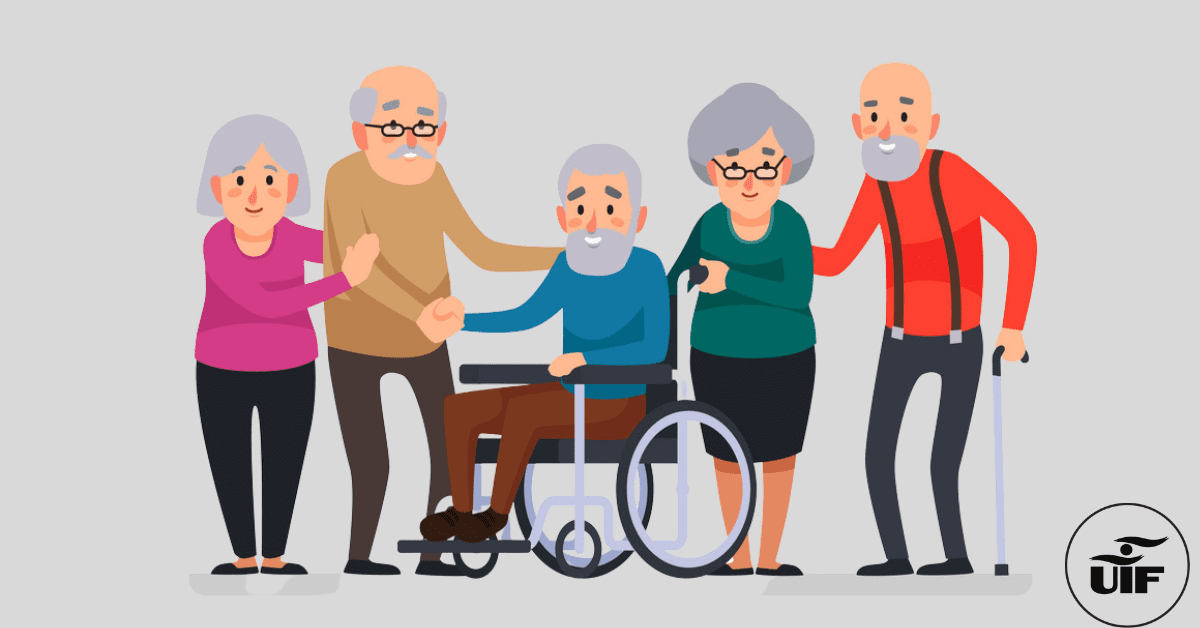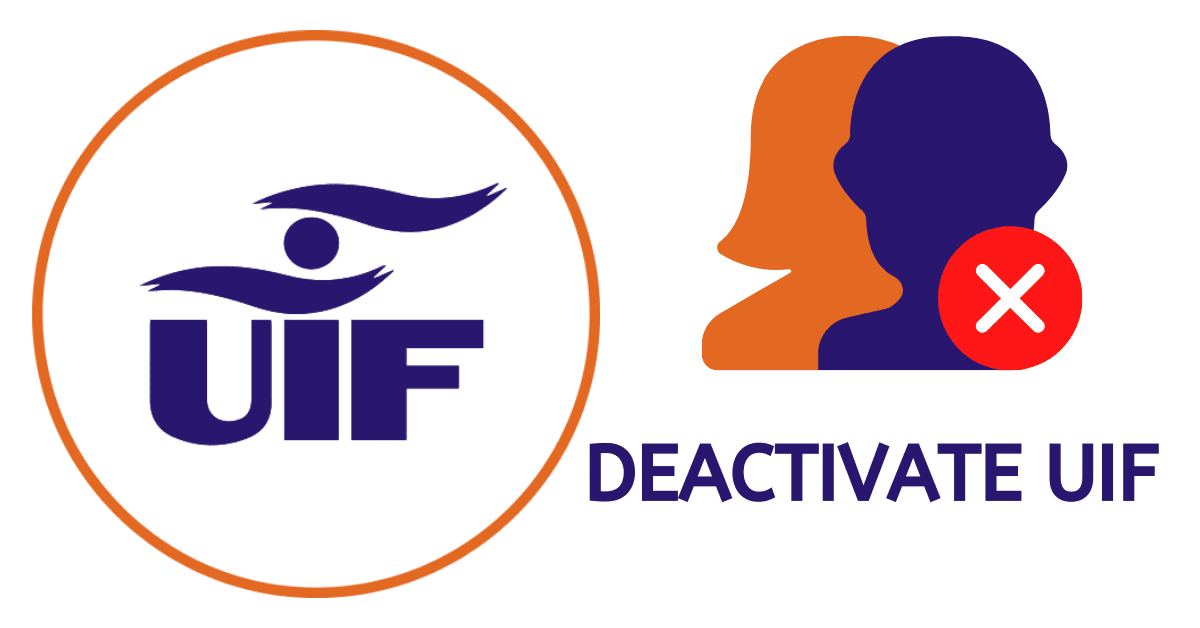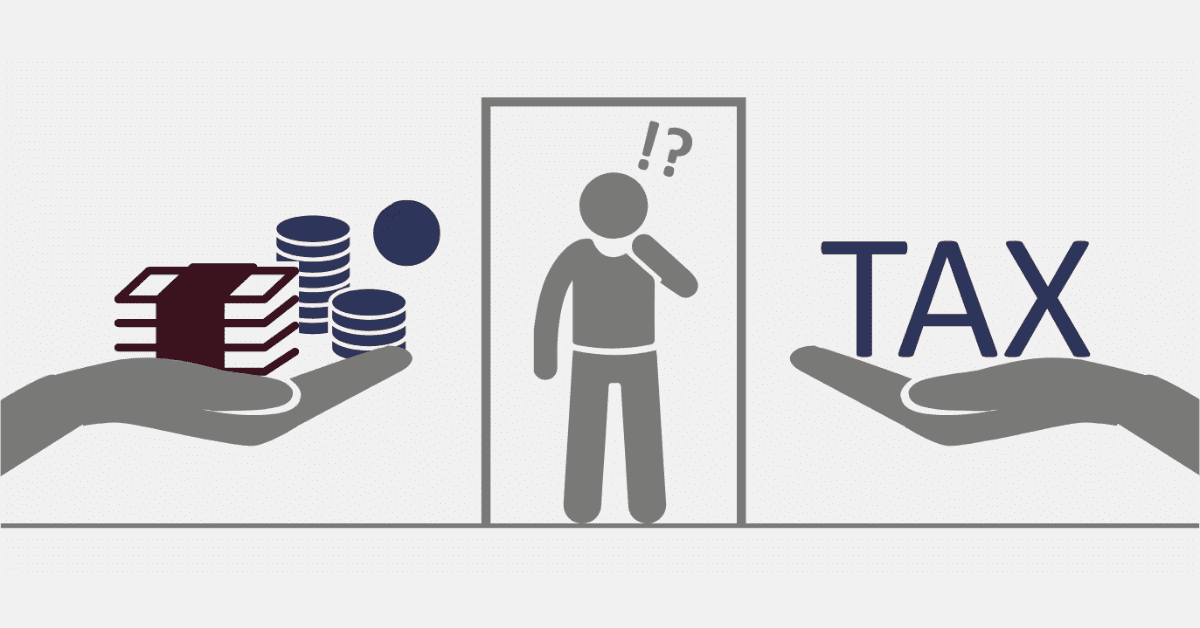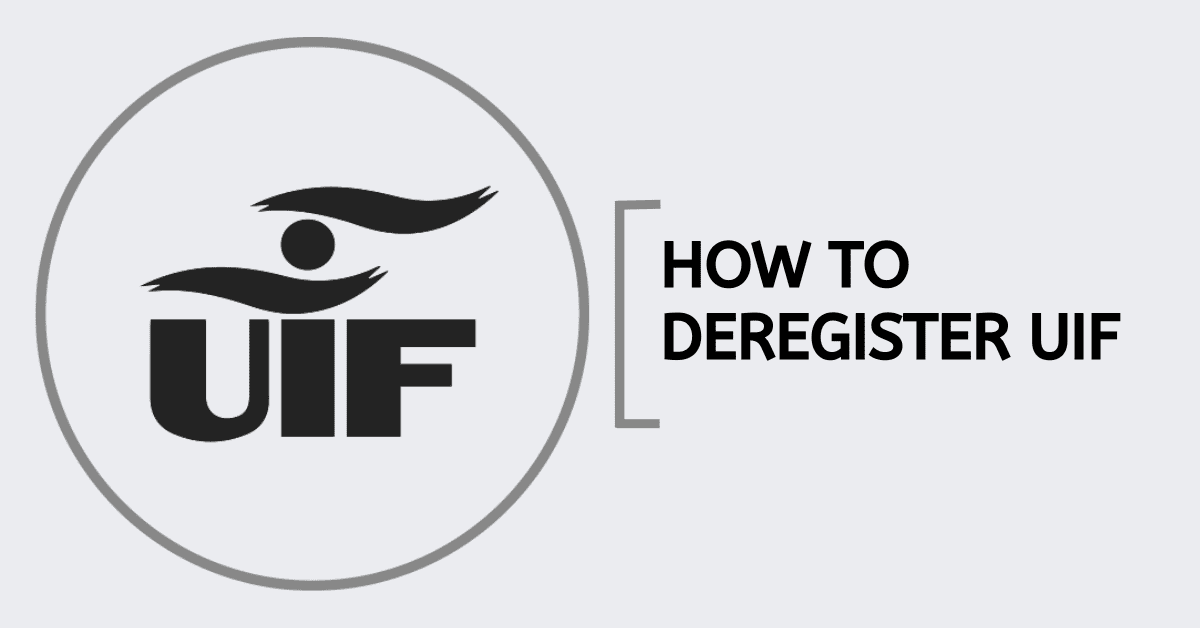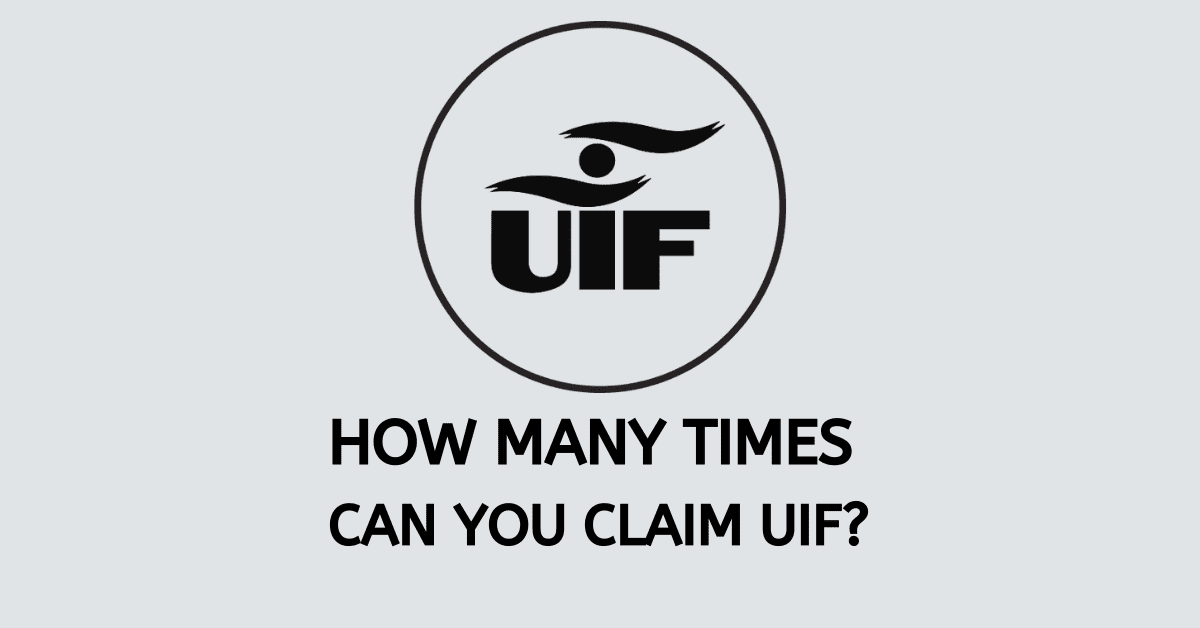One thing we cannot take away from the unemployment insurance benefit is the fact that there is equity, fairness, and equality. This scheme has provided valuable help for many South Africans. Once you contribute to UIF, the scheme provides you with the needed support when the time comes.
It comes to the point where people may want to know: what if I do not receive my benefits before I die? It is important to ask the right questions and get the right answers.
Those concerned about their demise without enjoying UIF benefits should know there are UIF-dependant benefits.
The UIF-dependant benefits are part of the scheme, which allows individuals who may lose their breadwinner to make claims for some relief. There are options available to help support dependents during this difficult time.
These sorts of options tend to help the dependants in terms of education or standard of living.
The UIF dependants benefits consider a lot of individuals who make claims on behalf of their deceased.
How to Claim UIF Dependants Benefits
Claiming UIF dependants benefits can be simple and complicated at the same time. The complication concerns the kind of documents needed to submit and the timeline given.
When it comes to simplicity, it is more about physical operations and is treated with much attention.
Losing a breadwinner in your family can be the worst thing to happen to anyone, and with this, UIF has made it possible for any dependants with the right information to access any funds in the name of the deceased. We assume that the deceased contributed to UIF and followed through with its policies.
So how can one claim UIF benefits if the contributor is gone?
Based on legislation in section 34 of the Unemployment act insurance act, any dependents can visit any of the labour centres in South Africa, fill out a form, and add the necessary documents.
The documents required will help you claim UIF dependants’ benefits. Here are some of the documents to look out for:
- dependant’s 13-digit bar-coded ID or passport;
- deceased’s 13-digit bar-coded ID or passport;
- form UI-19;
- marriage certificate (for spouses)
- A letter proving your traditional marriage (labola letter)
- affidavit (for life partners)
- birth certificates (for children)
- proof of schooling (for children between 21 and 25); and
- death certificate of the deceased.
Who are the Dependants benefits at UIF?
In the unexpected event of a worker dying, their relatives may be eligible to receive any sort of benefits from the unemployment insurance fund.
These relatives are considered the loved ones of the deceased, and they could be the workers’ spouses, life partners, or children. It is more connected to close relations than the extended ones.
These UIF benefits can provide some financial leverage for the dependants during tough times.
If you are dependent, it is important to apply for these benefits at the labour centre within your community. Your details will be collected and processed for any benefits you deserve as a dependant.
Who are the dependents of each employee?
When you look at the UIF employee benefits, it is necessary to understand who qualifies as the real dependant.
Within the employment phrases, a dependant of the employee is considered dependent on the benefits. This could be the employee’s spouse, children, or anyone who financially depends on the breadwinner.
However, there are some firms that allow you to complete a form upon your appointment to indicate all the dependents you have. This allows the firm to record who can receive any sort of benefits on your behalf.
Just like filling out the UIF form, you are allowed to indicate your next of kin or other relatives eligible to receive UIF benefits in your absence.
How do I claim UIF for my deceased spouse?
To claim UIF for my deceased spouse, you must have evidence of the deceased contribution or payslip. This will give you an idea of the contribution the deceased made towards UIF.
Once your spouse is no more with living, you can begin the process within 6 months after the death confirmation at the labour department centre.
The officers will assist you in completing all the necessary forms.
It is important to carry along any evidence to bear that you are related to the spouse, as this becomes the first point of evidence to confirm your relation. This could be a marriage certificate which is actually a requirement.
